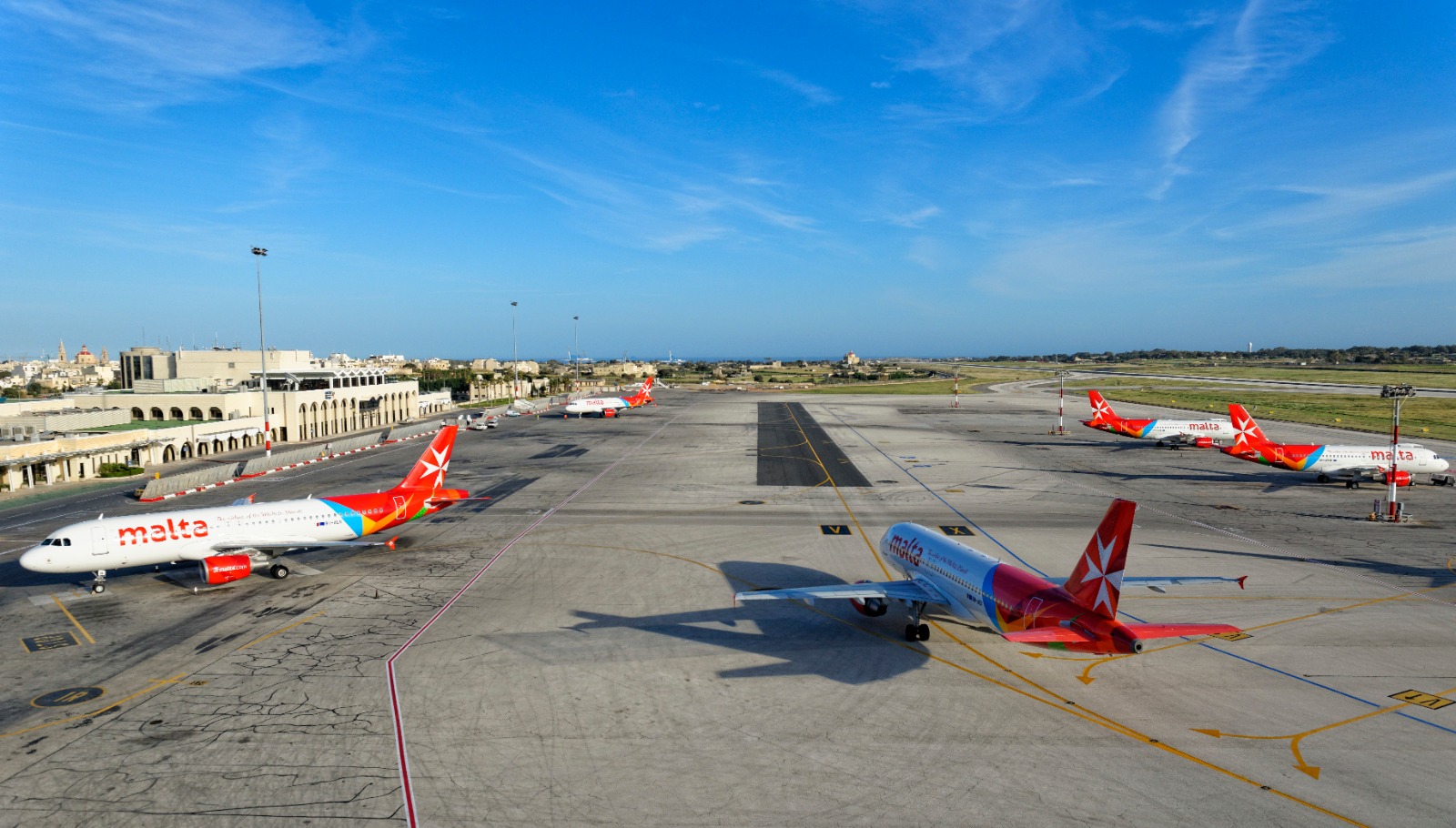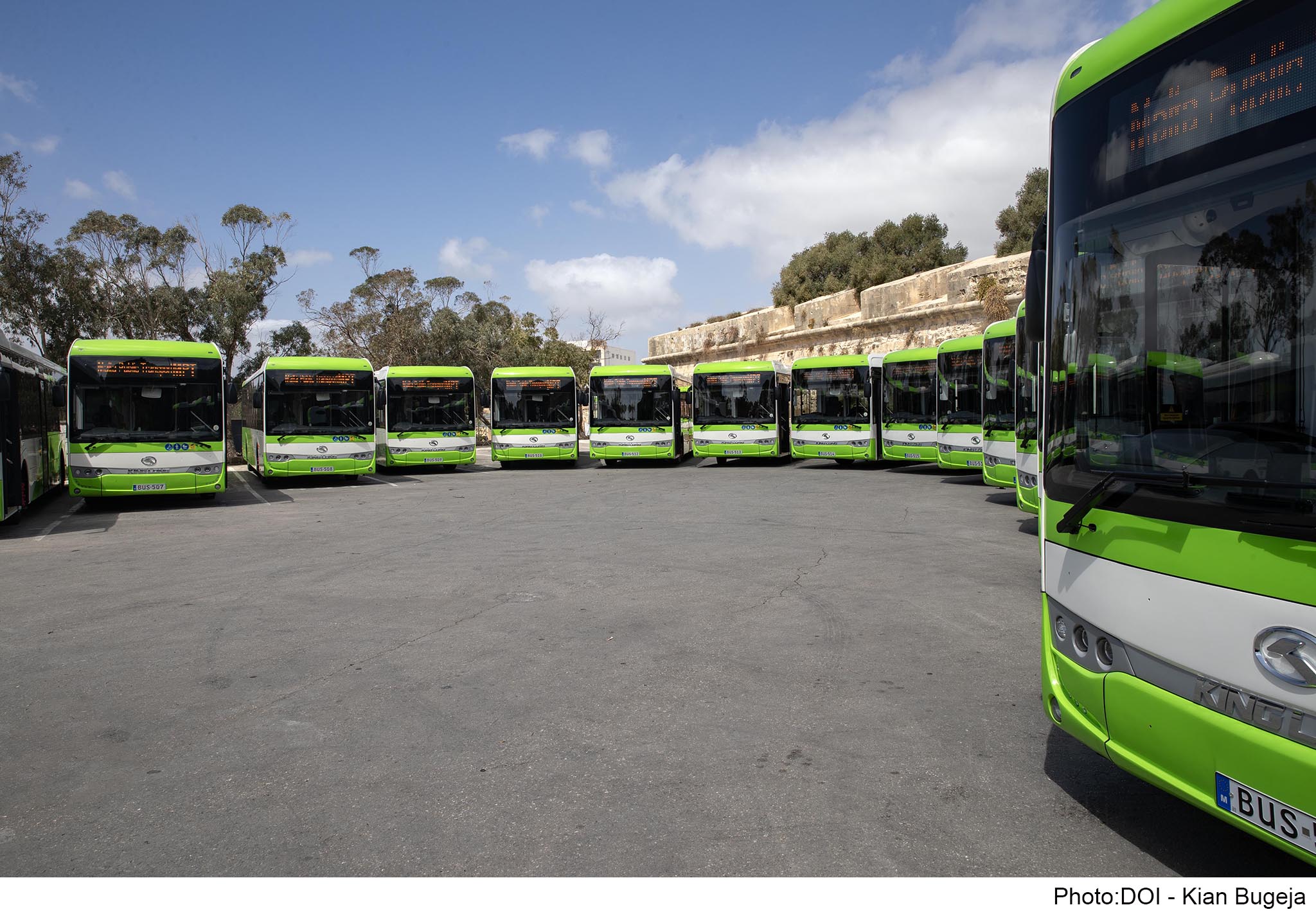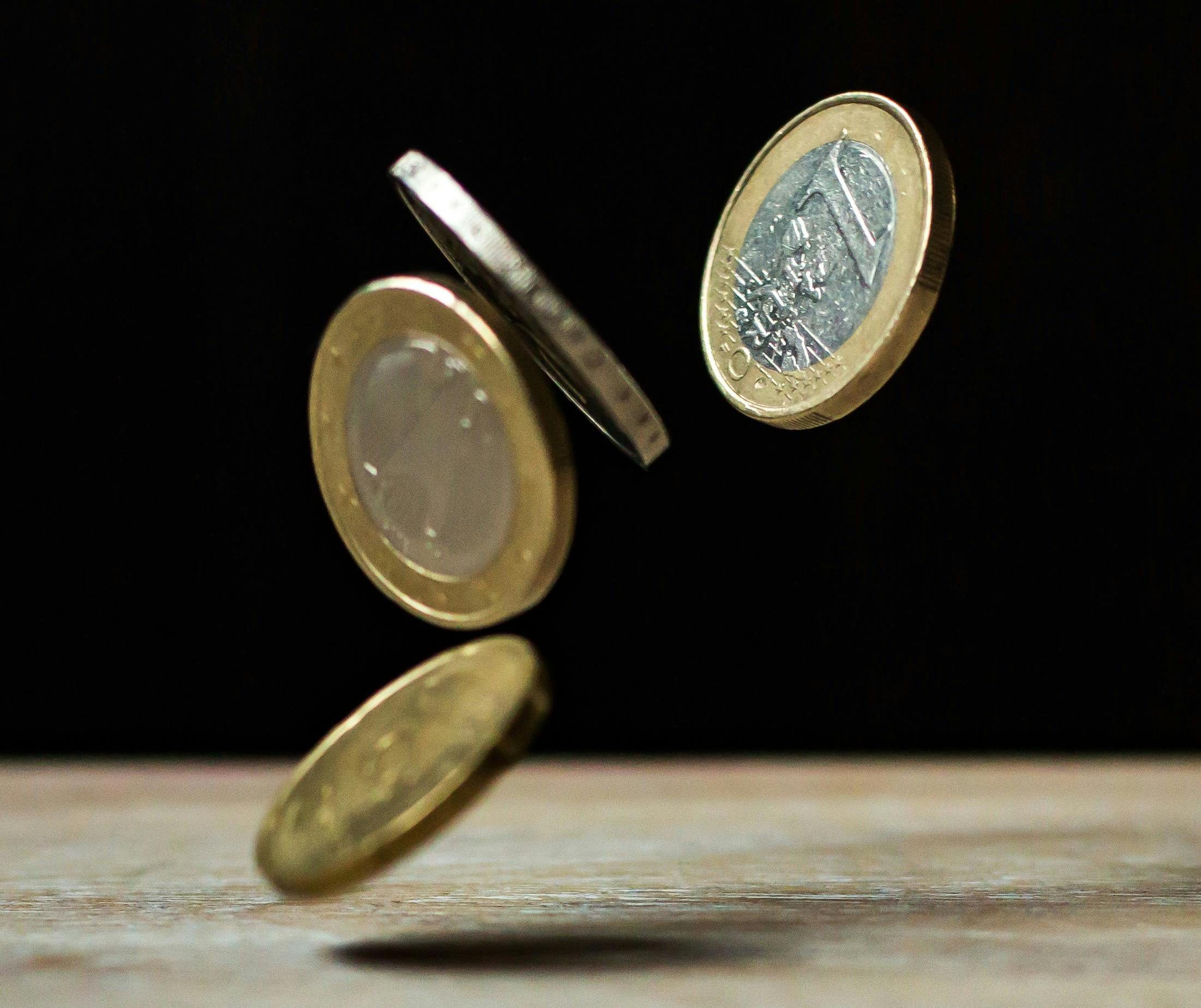A total of 976 people took advantage of Air Malta’s discounted tickets allowing eligible Maltese voters living abroad to come back to the country to vote, an airline spokesperson has informed BusinessNow.mt.
This was a significant decrease of over one third compared to the number of voters that took advantage of the scheme for the last general election in 2017.
The scheme offers registered voters return flights on Air Malta routes for €90, including taxes and other charges, which is the same rate it offered in 2017.
At this price, the airline made gross sales of €87,840 from the scheme.
Air Malta’s spokesperson emphasised that the figures reflect final confirmed sales of the discounted tickets, but not the number of customers that actually flew.
The scheme is particularly appealing, as it helps intended voters avoid the hike in prices that occurs as demand for tickets suddenly spikes.
Unlike in several other countries, including the USA, UK, Germany, Spain, India and France, Malta requires voters to do so in person, with no option for postal or proxy voting.
This makes Air Malta’s scheme especially important for the functioning of the country’s electoral system.
According to a report by Times of Malta at the end of February, soon after the election date was announced, the cost of booking some Air Malta flights for 25th March, the day before the election, flew to well over €300 in some cases.
However, BusinessNow.mt is informed by Maltese voters that making use of the discounted tickets proved to be a challenge, with bookings taken over the phone and the price hike for standard online fares meaning that many waited for over an hour before getting through to Air Malta and securing their ticket.
Customers’ eligibility to vote was verified by Air Malta.
Perhaps expected due to the sheer number of Maltese residing in London and Brussels, 76 per cent of all sales from the scheme hailed from both cities, at 522 and 228 respectively
The lower number of people who redeemed the tickets could be down to a variety of factors, including not least the general political disillusionment which saw voter turnout drop to its lowest level since Malta won its independence in 1964, at 85.5 per cent.
Other likely factors are those associated with the increased risks and difficulties surrounding international travel in the time of COVID.
Government shells out close to €70 million to national bus operator Malta Public Transport in 2023
Buses became free for residents in late 2022, leading to a hefty increase in the public subsidy
Opera Cloud PMS: The cost-effective property management system for any hotel size
Smart Technologies Ltd provides leading hotel PMS system, starting from just €6 per room per month
Inflation rate in Malta drops from 3.7% in January to 2.7% in March, nearing EU average – Government
The Government attributed the decrease in inflation to its initiative ‘Stabbiltà’






